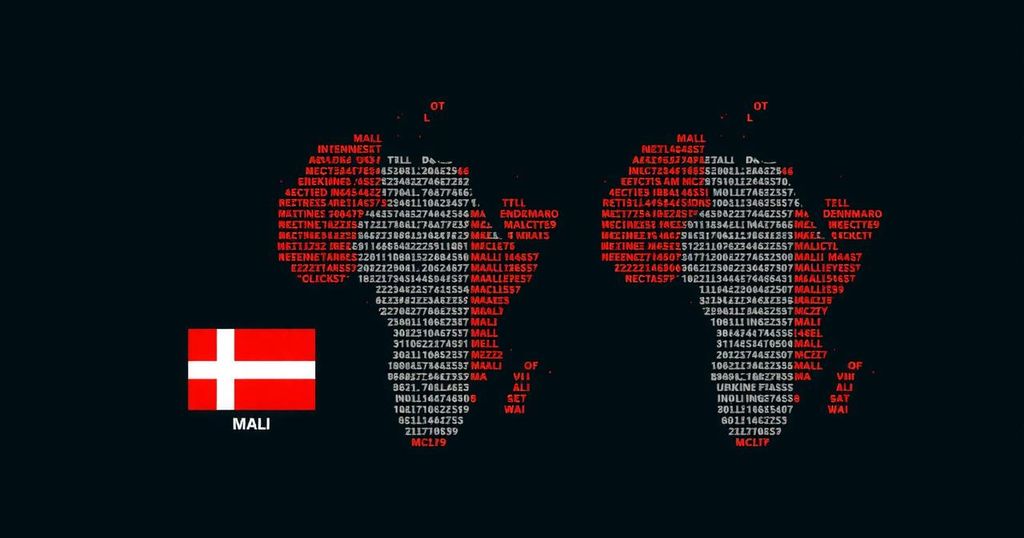Denmark Reassesses Diplomatic Strategy in Africa: Closure of Embassies in Mali and Burkina Faso
The Kingdom of Denmark has officially announced the closure of its diplomatic missions in both Mali and Burkina Faso, a decision stemming from the recent political turbulence marked by military coups in these nations. This strategic adjustment is part of Denmark’s newly formulated Africa strategy, which recognizes the “severely limited scope for action” within the Sahel region, thereby necessitating a reevaluation of its diplomatic presence in these countries.
In lieu of its embassies in Mali and Burkina Faso, Denmark intends to expand its diplomatic footprint by establishing new embassies in Senegal, Rwanda, and Tunisia. Furthermore, it aims to bolster diplomatic capacity in existing embassies located in Egypt, Kenya, South Africa, Nigeria, and Ghana. To oversee these initiatives, Denmark will appoint a special representative dedicated to the African Great Lakes and Sahel region.
This diplomatic reorientation is set against a broader backdrop of Denmark’s engagement with Africa, as articulated by Danish Foreign Minister Lars Lokke Rasmussen. The Minister emphasized Denmark’s aspiration to become Africa’s “preferred partner.” As European geopolitical dynamics shift, with an increasing influence from both Russia and China on the continent, Denmark seeks to present a compelling alternative through cooperative ventures.
The overarching aim of Denmark’s new strategy encompasses the acceleration of trade relations and the promotion of sustainable water-based development projects. In a notable commitment to these objectives, Denmark plans to allocate approximately one billion kroner (around $150 million) towards bilateral water initiatives, with an initial allocation of 425 million kroner earmarked for the year 2025.
This diplomatic pivot coincides with the regional developments of Mali, Burkina Faso, and Niger, which are in the process of forming an alliance while distancing themselves from the Economic Community of West African States (ECOWAS). Leaders of these nations have voiced their discontent with perceived foreign influences, particularly from France, asserting a desire for greater autonomy as articulated by Niger’s Abdourahamane Tchiani, who stated, “Our people have irrevocably turned their backs on ECOWAS.” The situation highlights the complexities of international relations within the Sahel, profoundly impacting Denmark’s diplomatic strategy in the region.








Post Comment